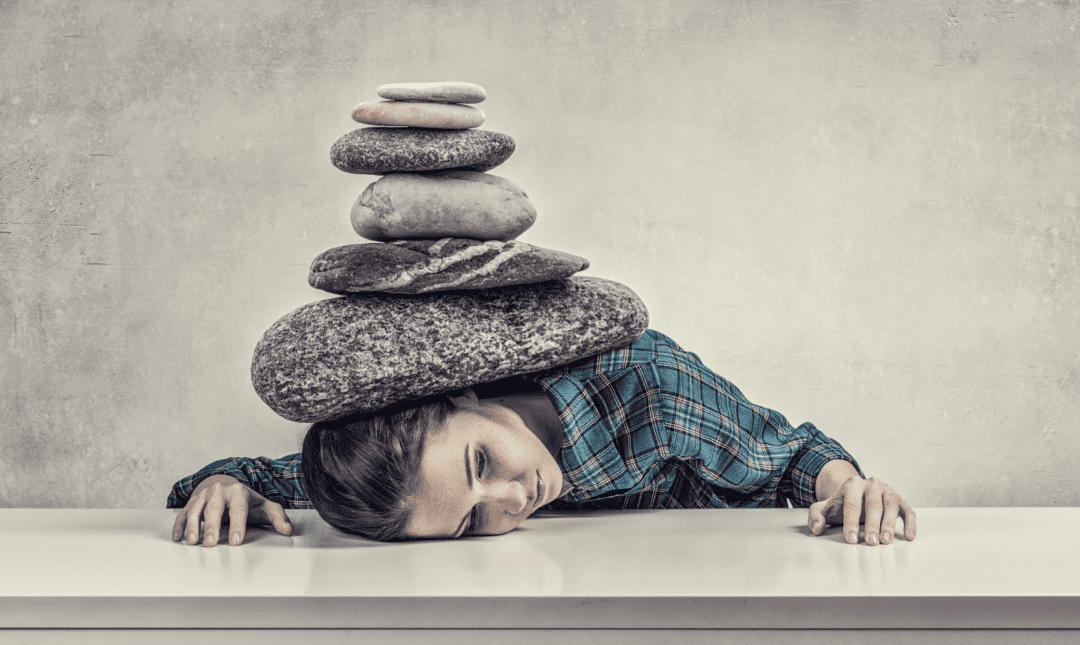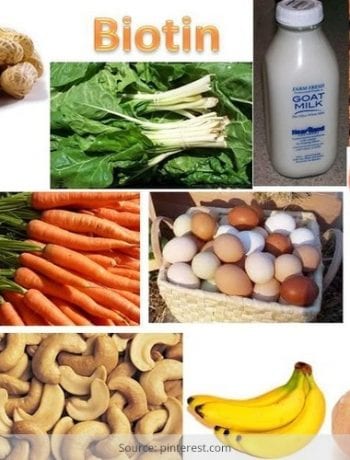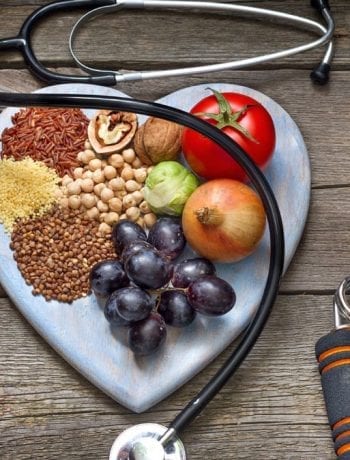If you have issues with depression then you need to be careful with what you eat – after all, certain foods can exacerbate the condition. Here are some tips on food to avoid to feel good.
-
Stay Away From Refined Carbs
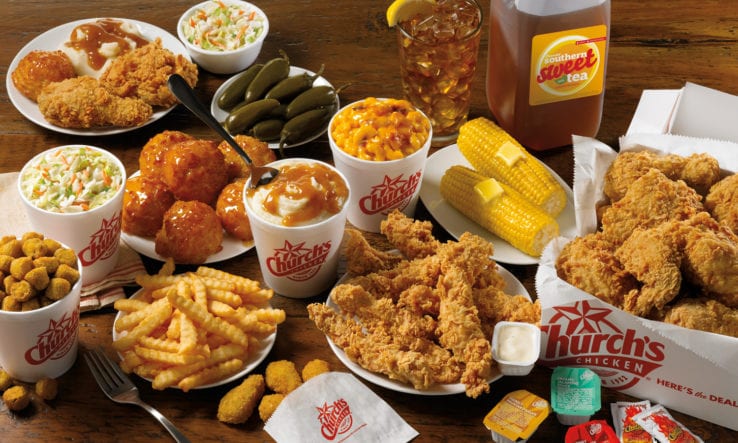
img source: ketontrack.com
It’s normal for people to crave comforting foods like soda or chips when they’re struggling with depression. However, research has actually linked refined carbohydrate consumption to depression. A study found that women that didn’t have a history of depression, mental illness, or substance abuse had higher blood sugar and increased risk for depression when eating large amounts of refined carbohydrates.
Thankfully, that report also showed that eating plenty of produce and whole grains can reduce the risk of depression.
-
Processed Sugar Should Be Avoided
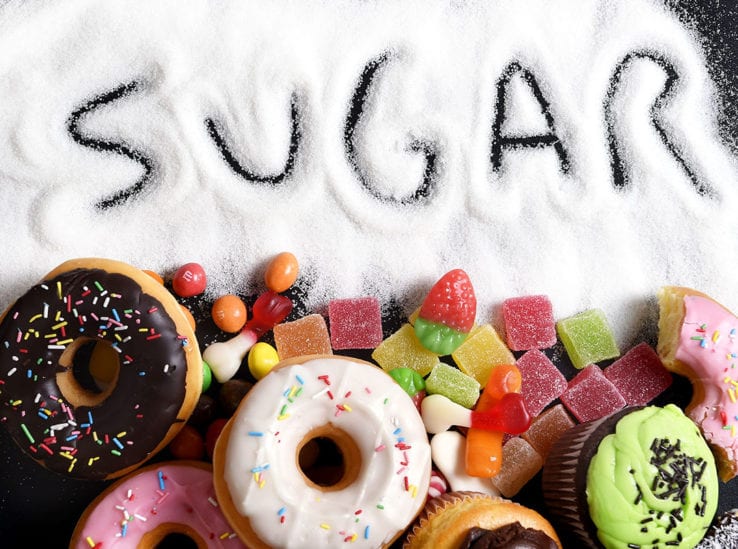
img source: zuzkalight.com
After looking at the research on refined carbs, it’s unsurprising to know that sugar can also increase the risk of depression. Refined sugar can inflame both the body and the brain. Studies have found that the risk of depression is higher when the brain is inflamed.
In fact, one report showed that depressed patients were 30% more likely to show signs of brain inflammation. Eating sugar can spike your blood sugar, but it will lead to a blood sugar crash later on. This can impact your emotions in the short term, and it may also cause the type of brain inflammation that’s been linked to the short term. If you’re down, you should avoid eating candy. Natural sugar sources, like fruit, are better if you’re in the mood for something sweet.
-
Eat Fewer Processed Foods
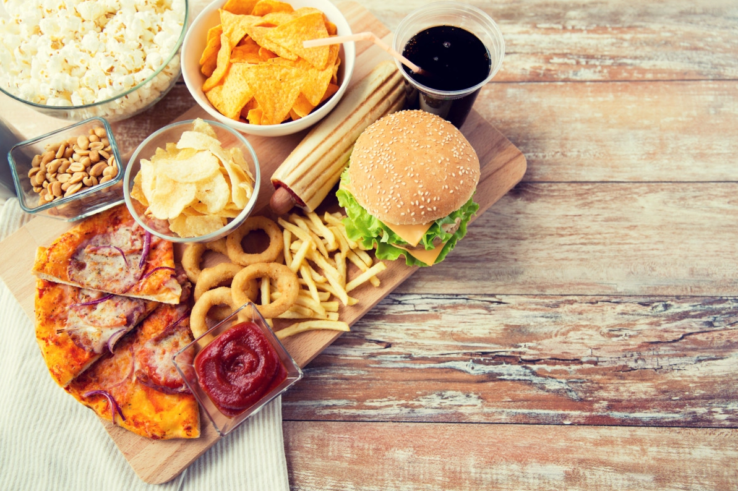
img source: jpimedia.uk
Depression can decrease energy levels according to this site, which is why it can be tempting to just toss a frozen dish in the microwave. However, a study in Britain that looked at over 3,000 people showed that people with diets high in processed food had a much higher risk of depression. People that primarily ate whole foods had a decreased risk.
-
Watch Out For Trans Fats
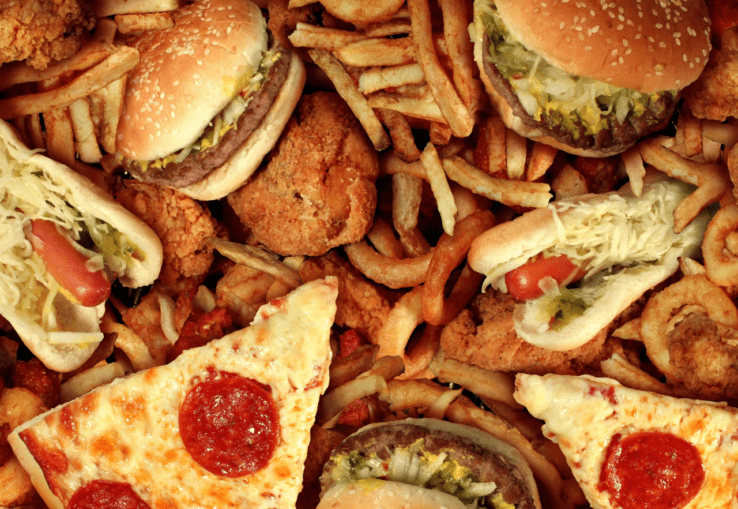
img source: diabetes.co.uk
Fried chicken and French fries aren’t great for your physical health, and it can harm your mental health as well. These foods can clog your arteries, increasing your risk for heart disease, and they can increase depression risks as well.
Researchers have looked at the links between fatty acid intakes and depression. One study that evaluated people in the Mediterranean showed that eating trans fats can increase the risk of depression.
It’s perfectly normal to crave foods that are greasy, sugary, or salty when you’re down in the dumps. However, research clearly states that a healthy diet is best for people with depression. Try to reduce your intake of junk food. Work to develop a healthy diet that will help you manage your depression symptoms.
-
Find alternate ways of satisfying your sweet tooth
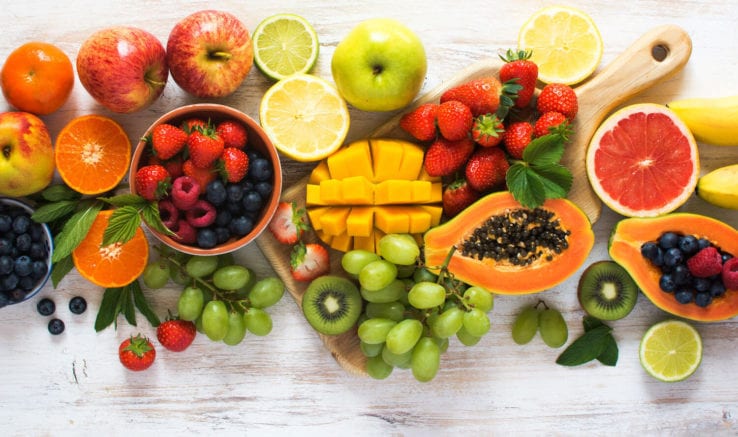
img source: berries.com
There is a very well-known correlation between depression and sugar-cravings, and although it is sometimes very tempting to just devour all of the sweets and candy bars, it’s the worst thing that you can do. Here’s why.
Depressed people usually tend to eat more, not because they are hungry, but because they think that eating food will make them feel better, at least temporarily. This is a very vicious cycle that makes you feel even worse each time you do it. Why? Because the more extra food you’re stuffing inside your body, the unhealthier you become.
So, if you find alternate ways of satisfying your sweet tooth, such as by eating natural sugars found in fruits, you will avoid becoming overweight and getting stuck in the vicious cycle of depression and overeating.
-
What is hormonal imbalance?
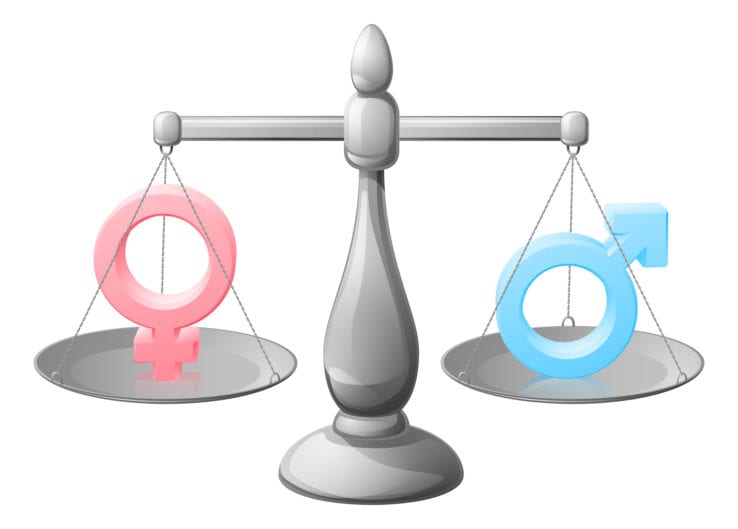
img source: holisticwellness.ca
When a person is overweight, they have a hormonal imbalance. This means that your system is in a complete mess and all of your functions are not being carried out properly. When you have a hormonal imbalance, your appetite is completely messed up, and you can sometimes feel hungry even when you’re not, or the complete opposite can happen as well. You can be in a huge caloric deficit, but not feel any hunger due to the loss of appetite.
-
Eat according to your daily needs
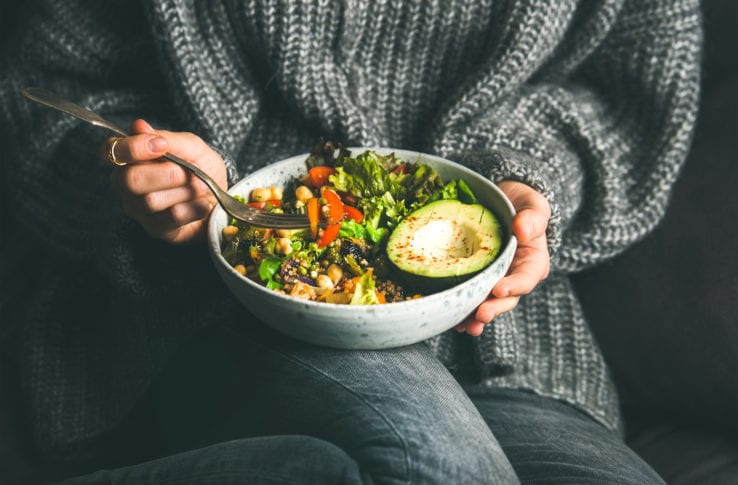
img source: wellandgood.com
Not many people know this, but each of our bodies requires certain amounts of carbs, protein and fats in order to function properly throughout the day. This depends on how much you weigh, how physically active you are during the day and it also depends on your gender and age.
If you are eating a diet that only consists of carbohydrates, and you are not paying any attention to the rest two important macronutrients, you are basically putting your body through a lot of stress by not allowing it to use the things it requires, which in this case are protein and fats.
-
Eat enough protein and carbs
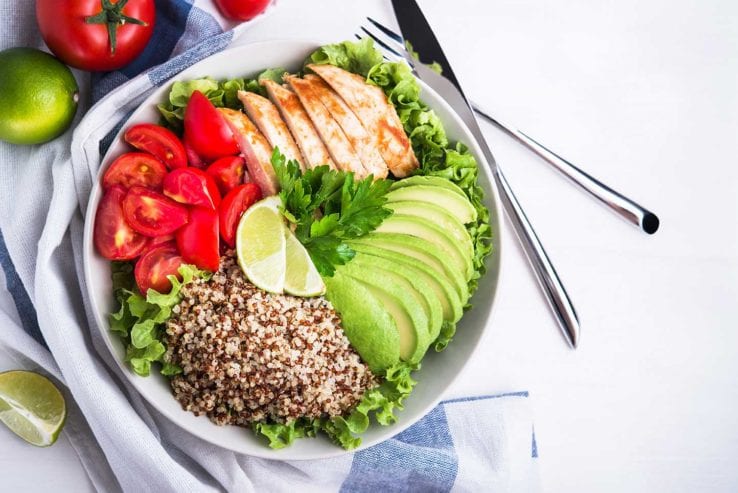
img source: amazonaws.com
If a physically active person is not consuming enough protein, it means that their body will not be able to repair muscle fibers or promote muscle growth, although that’s what the body requires in this particular example. You need to find out where your depression is coming from, and if it’s due to the hard way of dealing with physical stress, you’re probably not consuming enough protein in order to strengthen your body.
If you notice that you’re constantly feeling tired, although you are not lazy or overweight at all, it might be because you are not eating enough carbs. What happens when you put your body in a carbohydrate deficit is suppression of testosterone levels, which in males can cause the feeling of depression and constant fatigue.
-
Don’t starve yourself
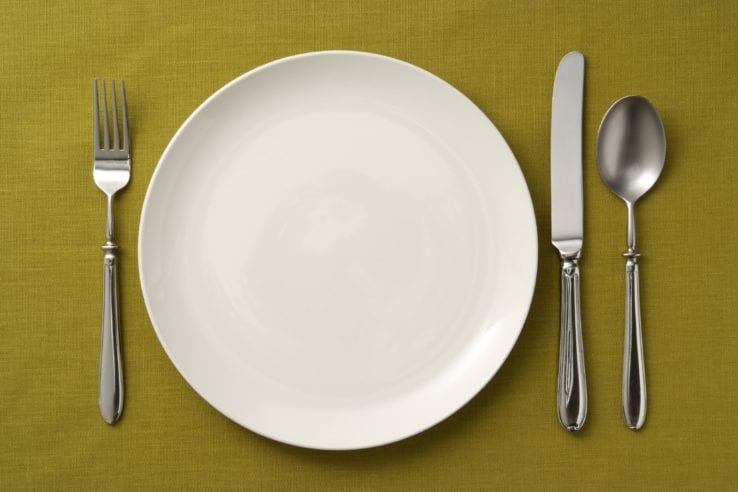
img source: siouxfallscompletefitness.com
Most people think that they should starve in order to lose weight, but this is something that will make them even more depressed than they were before. Dieting is something that needs to be done really carefully and with a good plan, and simply not eating enough is an awful way of doing so. Sure, your obesity might be making you depressed, but being unhealthy is far worse than that. Keep things in moderation, track your calories and macronutrients, and in a few months, you will feel a significant improvement. Many studies show that diet is heavily connected with depression, so your bad eating habits might be the reason why you’re feeling so bad after all.

